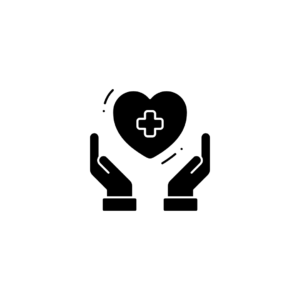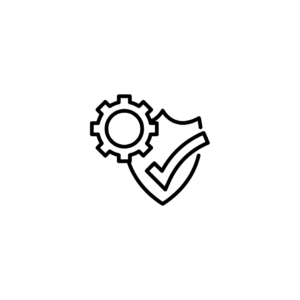Description
An Advanced Diploma in Sanitary Health Inspector is a specialized program aimed at preparing students for careers in public health, specifically focusing on sanitation, hygiene, and environmental health practices. Graduates of this program are equipped to conduct inspections, enforce health regulations, and promote sanitation standards that protect public health.
Course Details:
Duration: Typically 1 to 2 years, depending on the institution and structure of the program.
Eligibility: A high school diploma or equivalent is often required; some institutions may prefer candidates with a background in health sciences or environmental studies.
Mode of Study: Offered in full-time, part-time, or online formats, combining theoretical knowledge with practical skills.
Curriculum:
The curriculum for an Advanced Diploma in Sanitary Health Inspector generally includes:
1. Introduction to Sanitary Health
Public Health Fundamentals:
Overview of public health principles, focusing on the importance of sanitation and hygiene.
Role of Sanitary Inspectors:
Understanding the responsibilities and functions of sanitary health inspectors in safeguarding community health.
2. Sanitation and Hygiene Practices
Sanitation Standards:
Study of national and international sanitation guidelines and standards.
Personal Hygiene:
Importance of personal hygiene practices in preventing disease spread.
3. Health and Safety Regulations
Health Codes and Regulations:
Examination of applicable local, state, and federal health laws related to sanitation and public health.
Occupational Health and Safety:
Understanding workplace safety regulations and practices that protect workers’ health.
4. Inspection Techniques
Conducting Inspections:
Training in methods for inspecting food establishments, public facilities, and sanitation systems.
Documentation and Reporting:
Skills in proper documentation of inspections, writing comprehensive reports, and communicating findings.
5. Environmental Health
Water Supply and Quality:
Assessing water sources, treatment processes, and quality control measures to ensure safe drinking water.
Waste Management:
Study of effective waste management practices, including solid waste disposal and wastewater treatment.
6. Epidemiology and Disease Prevention
Understanding Infectious Diseases:
Basic principles of epidemiology related to sanitation and hygiene practices in preventing disease outbreaks.
Control Measures:
Strategies for controlling the spread of infectious diseases through sanitation.
7. Community Health Education and Promotion
Health Education Strategies:
Techniques for promoting sanitation and hygiene education within communities.
Behavior Change Promotion:
Understanding methods to encourage healthy behaviors regarding sanitation.
8. Practical Training and Experience
Field Experience:
Hands-on training through internships, allowing students to apply their knowledge in real-world settings.
Simulated Inspections:
Opportunities to practice inspection skills in controlled environments.
9. Professional Ethics and Responsibilities
Ethics in Public Health:
Examining ethical responsibilities and decision-making in public health and sanitation practices.
Continuous Professional Development:
Emphasizing the importance of staying current with industry standards and practices.
Assessment:
Assessment methods in this program may include:
Practical Evaluations:
Hands-on assessments demonstrating inspection and reporting skills.
Written Assignments:
Research papers on topics in sanitation and health.
Presentations:
Oral presentations on inspection findings or health education initiatives.
Career Opportunities:
Graduates of the Advanced Diploma in Sanitary Health Inspector can pursue various career paths, including:
Sanitary Health Inspector: Conducting inspections to ensure compliance with sanitation and health regulations.
Environmental Health Officer: Addressing environmental health issues related to sanitation and hygiene.
Public Health Educator: Promoting sanitation and hygiene practices in communities.
Quality Assurance Officer: Ensuring sanitation standards in food and health sectors.
Hygiene Consultant: Providing expertise on sanitation practices in various industries.
This advanced diploma program prepares students to play a vital role in promoting public health through effective sanitation practices. If you have any further questions or need more information, feel free to ask!









